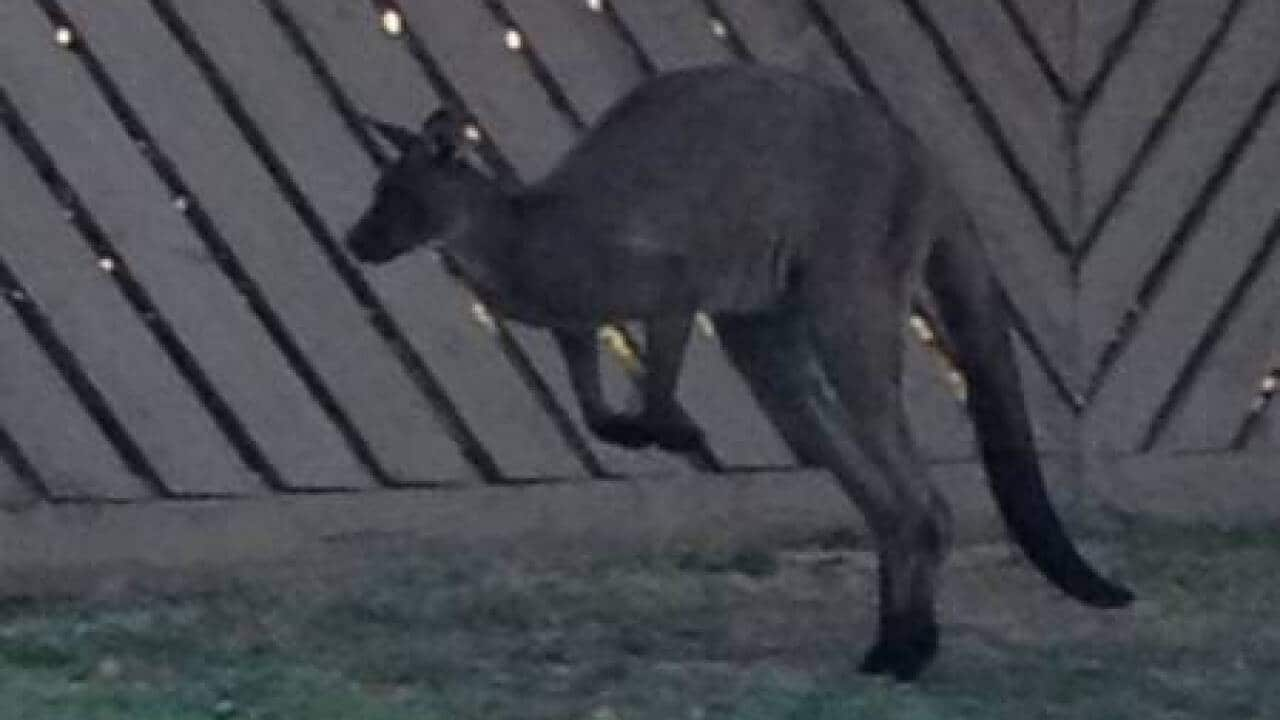A consortium of 54 scientists from around the world came up with the genetic blueprint which sheds light on the fury marsupial's diet as well as the population declines it has suffered as a result of urbanisation and disease.
The researchers say their findings may aid work on a vaccine to protect koalas against one of their biggest killers - chlamydia - as well as aid conservationists in their efforts to protect their dwindling populations.
"In the same the way that the human genome has revolutionised medicine for humans, to the point where you can have your genome sequenced and have your medicine tailor designed, then the idea is that this could be possible for koalas," lead researcher Professor Rebecca Johnson, of the Australian Museum, told AAP.
Share






